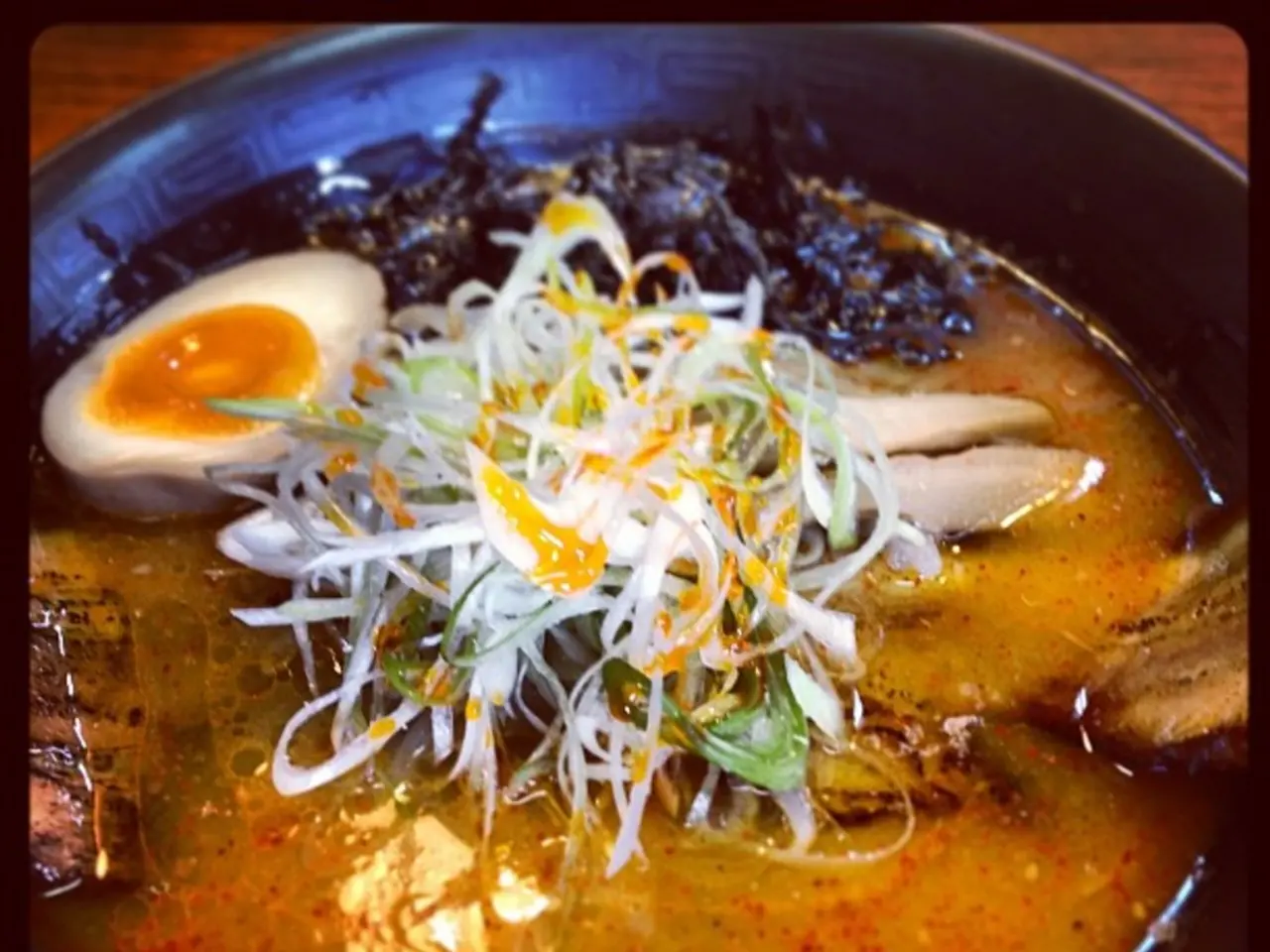Unraveling the Mystery: Achieving Egg-cellent Cooking Techniques
In a groundbreaking discovery, scientists at the University of Naples Federico II in Italy have unveiled a novel method for cooking the perfect egg. This method, known as the "periodic cooking" technique, could potentially change the way we prepare eggs and revolutionize the culinary world.
While the study may have been more than just a scientific experiment for researcher Emilia Di Lorenzo, potentially a personal quest to try and like eggs, there is no credible information suggesting that a "periodic cooking method" for cooking the perfect egg was discovered by the university.
Traditional methods of hard-boiling or soft-boiling an egg often result in a yolk that is either chalky or too runny. However, the periodic cooking method promises a superior texture and taste. This method, developed by Di Lorenzo and Professor Ernesto Di Maio, ensures the yolk and egg white cook optimally without separating.
The researchers conducted qualitative assessments of the eggs, including texture profile analysis and a sensory taste test. Professor Di Maio cooked 160 eggs for the sensory analysis and has since been converted to the periodic cooking method.
The ideal temperatures and times for this method, according to the study, are 100 degrees Celsius and 30 degrees Celsius, switching every two minutes for a total of 32 minutes. The optimal temperatures for cooking an egg yolk are around 65 degrees Celsius, while the egg white should be cooked at around 85 degrees Celsius.
The periodic cooking method also preserves nutrients in eggs better than traditional cooking methods, making it a healthier option. Not everyone may be a fan of eggs, as suggested by Di Lorenzo's personal confession. But with this new method, even those who aren't avid egg enthusiasts might find a new appreciation for the humble egg.
The researchers employed a technique called "periodic cooking," which involves alternating the raw egg between hot water and tepid water repeatedly over short periods of time. They tested their method by cooking numerous eggs and analyzing the results using Fourier transform infrared (FT-IR) spectroscopy.
So, the next time an egg is cracked open, it may be worth considering the science and meticulous process behind it. The discovery in the art of egg cooking could lead to a groundbreaking method for cooking perfect eggs.
This groundbreaking study conducted at the University of Naples Federico II focuses on health-and-wellness by developing a novel method called "periodic cooking" for cooking eggs, which preserves nutrients better than traditional methods. The technique, involving alternating raw eggs between hot water and tepid water, promises a superior texture and taste, thanks to ideal temperatures of 100 degrees Celsius and 30 degrees Celsius, switching every two minutes for a total of 32 minutes (optimal temperatures for cooking an egg yolk are around 65 degrees Celsius, while the egg white should be cooked at around 85 degrees Celsius). This isn't just a scientific exploration for researcher Emilia Di Lorenzo—as indicated by her personal quest to like eggs—but a potential lifestyle change in food-and-drink choices, even for those who aren't avid egg enthusiasts, as the new method could produce a better-tasting and more nutritious egg. Nutrition and cooking enthusiasts may find the periodic cooking method appealing as it revolutionizes the culinary world.




